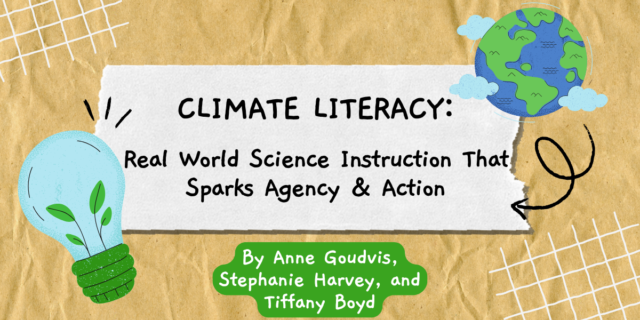
By authors of Inquiry Illuminated and Comprehension Toolkit, Anne Goudvis and Stephanie Harvey.
Editor's note: This is the third part of the “Researcher’s Workshop” blog series. See part one here and part two here.
***
In our book, Inquiry Illuminated, we share examples in curricular inquiries across the content areas in primary and intermediate grades. We understand that teachers have their own curriculum to explore, and it is unlikely that you will be teaching the same content as these examples. Our research frameworks and over 40 research lessons illuminate the inquiry process so you can implement it with your own curriculum.
We have designed a scaffolded inquiry process that provides accessible entry points for engaging in and following through with authentic research. We share a gradual release framework for students and teachers. We launch the inquiry process by modeling how we think and become researchers. We gradually move to guided inquiry, where kids take on more responsibility for and ownership of the process. When we are confident that kids have the tools to research independently, we send them off and guide them as needed. As with much of our work, building knowledge through comprehension is at the foundation. Comprehension instruction is central to the many reading, writing, and research lessons and practices taught in our classrooms. With comprehension at the core, inquiry leads kids to a deeper, more expanded understanding of their community and the world.
Here is one recent curricular inquiry that inspired our students to take action and work for positive change in their local community.
From Inquiry to Civic Action: Local Climate Issues and Solutions
Fourth graders investigated local climate issues with their inquiry unit on Nature, Connection, Hope and Action. Their research began with these essential questions:
- What does it mean to be a steward of our environment?
- What are the effects of a warming climate on our lives and communities?
- What can our community do about climate events and issues?
- How can we be stewards of natural habitats and have a voice about possible solutions?
With a local nonprofit, Classrooms for Climate Action, and their teacher-librarian at the helm, kids learned about climate science, including global warming, as well as local issues involving both wildfires and floods, events that had impacted their community in recent years. They learned about fire mitigation—what it involves, who’s taking action, and how local practices made a difference in a recent wildfire on open space. A field trip to a neighborhood creek area to view flood mitigation efforts was guided by city organizations tackling these issues. Students created their own charts, texts, and infographics based on what they were learning from their experiences and experiments.
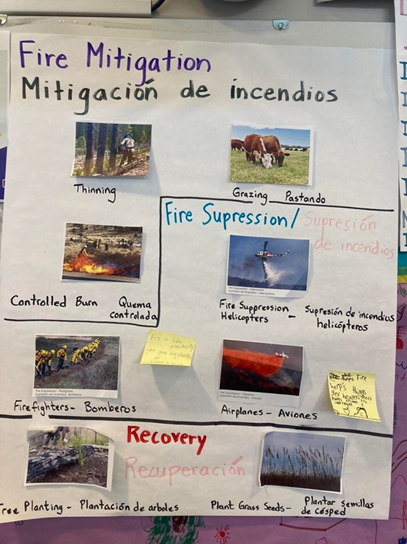
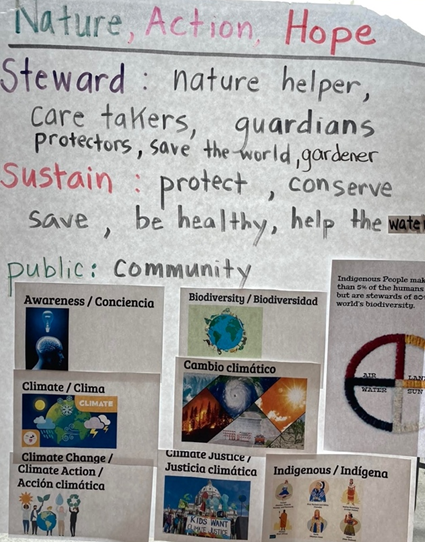
Creating models of stream flow and flood factors contributed to students’ understanding of a recent 100-year-flood that had huge impacts on the community.
As kids deepened their knowledge, they used it in real world situations, synthesizing information about climate solutions as they spoke publicly to city officials and non-profit leaders. They shared their learning at the Global Climate Summit at the University of Colorado, backing up their perspectives on flood and fire mitigation issues with evidence.
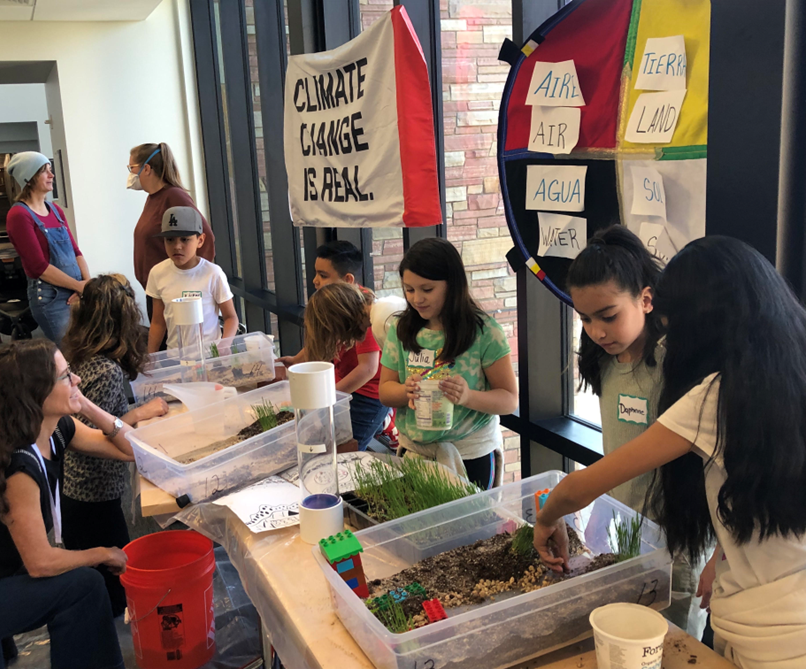
Several students spoke in favor of planned flood mitigation efforts at a meeting where the city council was voting on a measure to move ahead with these efforts. One student described how important the mitigation plans were to him and his family, because these would prevent or ameliorate the dangers of flooding in his neighborhood. The measure passed by a vote of 8-1.
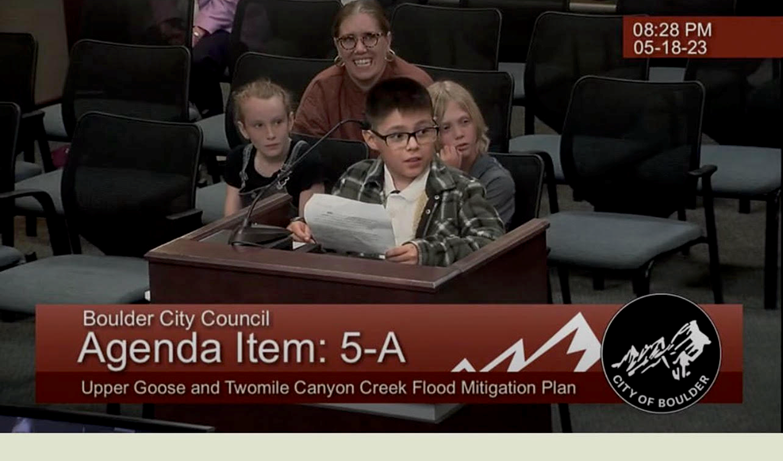
In classrooms where inquiry and content learning are on the front burner, voluminous reading, writing, and research happen all day, every day. Kids come to care about what they learn, more fully understand it, and may even take action. The implications are clear. Inquiry matters. Agency matters. Both inspire and empower kids to speak out and take civic action to make a difference in their communities.
***
Listen to them on the Heinemann podcast discuss a structure for inquiry that's predictable, proven, and—most importantly—authentic.

Steph Harvey and Anne Goudvis are the coauthors of Strategies That Work, Inquiry Illuminated, The Comprehension Toolkit Series and Short Nonfiction for American History. Teachers first and foremost, they work in classrooms side by side with kids supporting teachers in progressive literacy practices.
